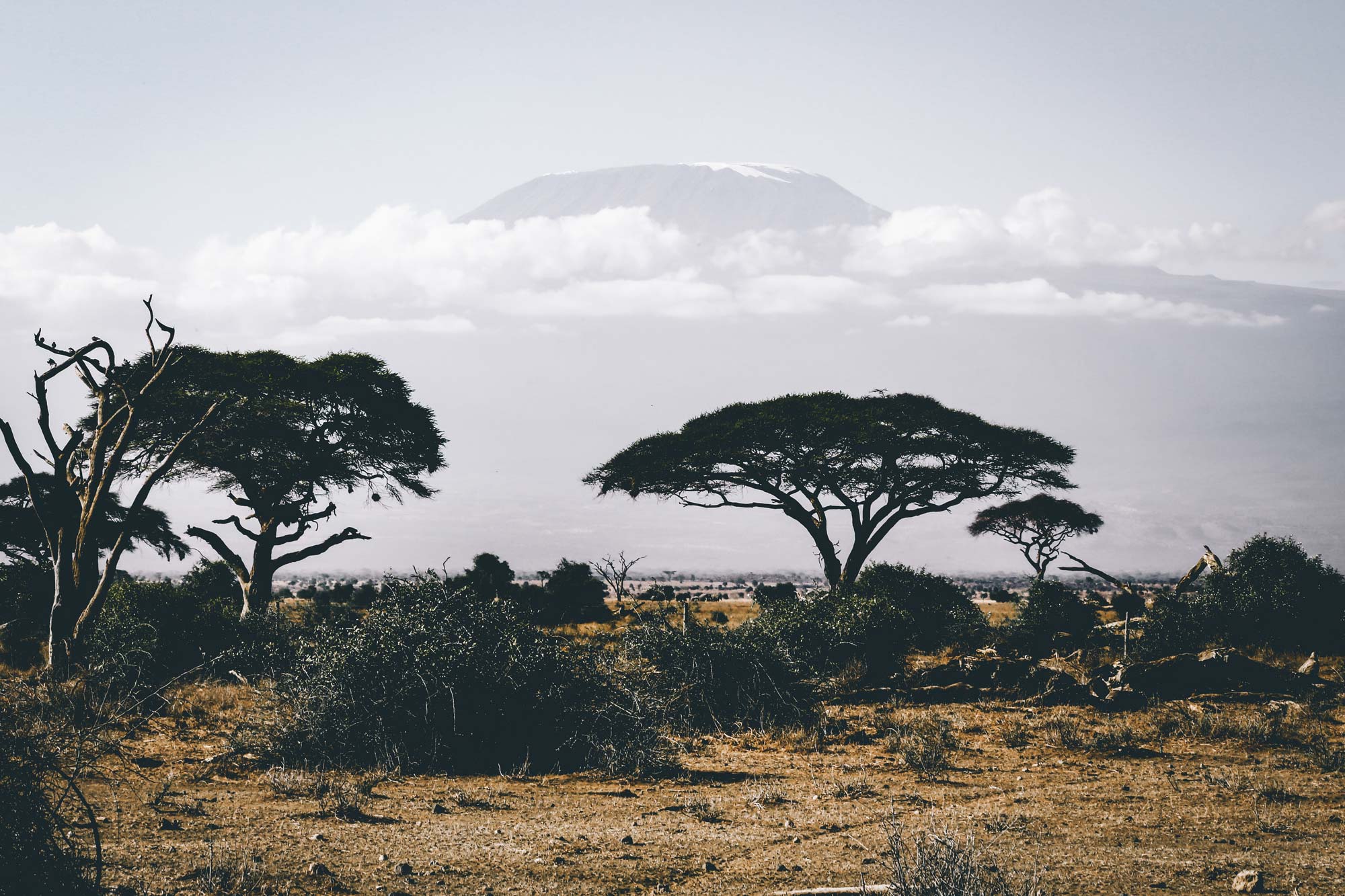| Principal Investigator: | Dr Bob Smith |
|---|---|
| Project dates: | 2011 to 2015 |
| Funding: | Global Environment Fund |
| UK Project Partners: | Led by UNEP-WCMC, with Durham University, IUCN Species Programme, BirdLife International, and the Hadley Centre (UK Met Office) |
| Focal Country Partners: | Led by IUCN Central and West Africa Protected Areas Programme (PAPACO) |
Project Details:
Climate change is likely to have a significant impact on West Africa, given its high level of exposure, combined with additional natural and anthropogenic threats. Protected areas, which have long been recognized as an effective means to preserve biodiversity, are likely to be heavily affected, as well as the ecosystem services they provide to local communities. This project, which is led by UNEP-WCMC, has the following main aims:
- Develop tools to assess the vulnerability of protected areas to climate change
- Design strategies to strengthen the resilience of protected area systems to the impacts of climate change
- Build capacity for using these tools and strategies
- Conduct pilot projects to test the tools developed, including policy implementation support.
The project focuses on five core countries: Mali, Sierra Leone, Chad, The Gambia, and Togo; and an additional 3 countries will participate in the activities related to transboundary conservation (Burkina Faso, Côte d’Ivoire and Ghana).
DICE Component:
DICE is responsible for the conservation planning component of the PARCC project, which has three main aspects:
- Measuring how well the current protected area network in West Africa represents the biodiversity of the region and how this will differ under different climate change scenarios
- Working with local partners to identify priority areas for conservation in the five core countries and assessing their vulnerability to climate change.
- Building regional capacity in systematic conservation planning and developing national conservation planning systems in the five core countries.


